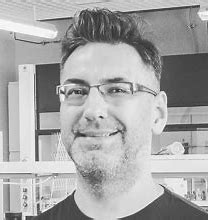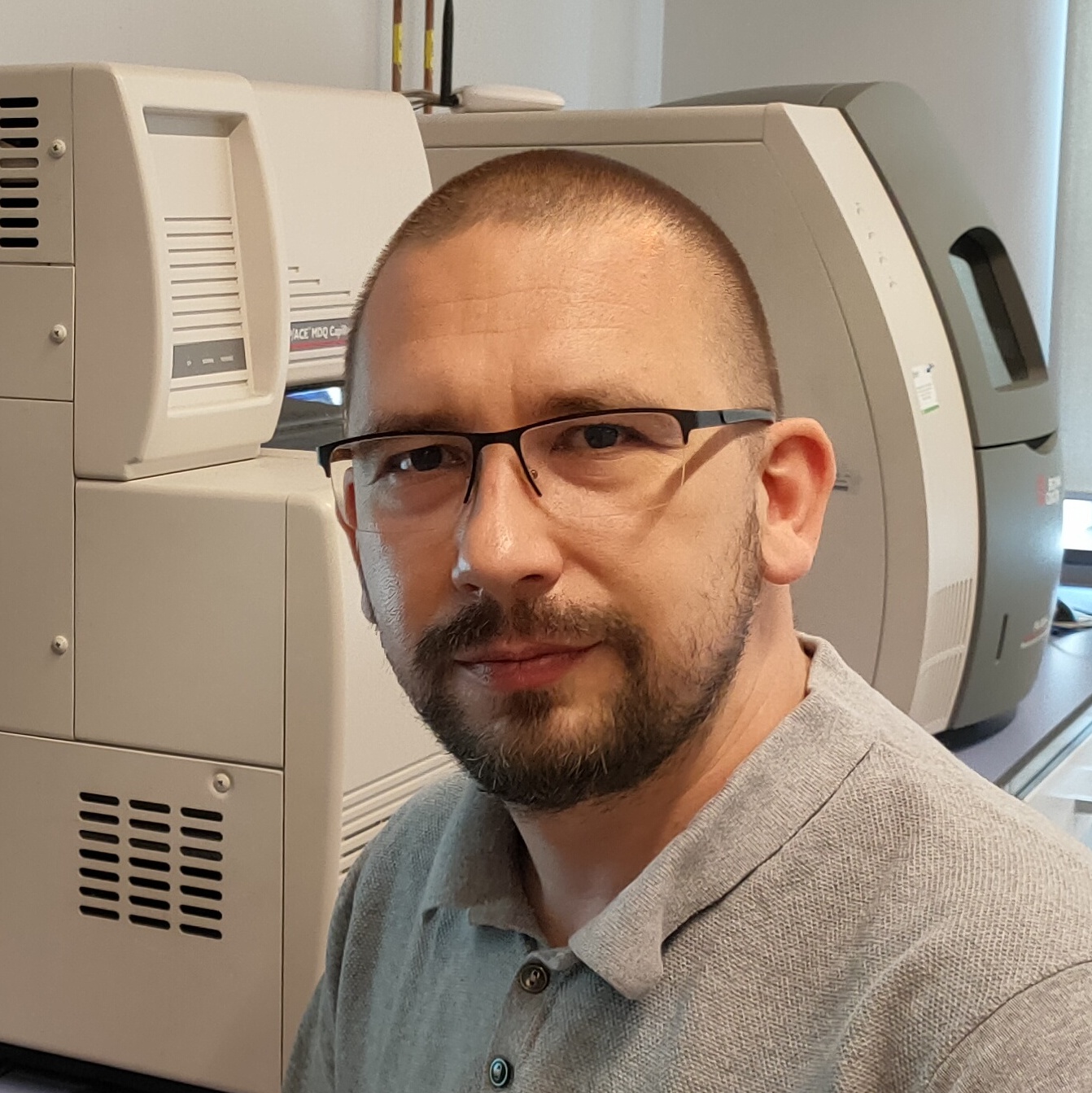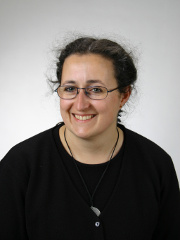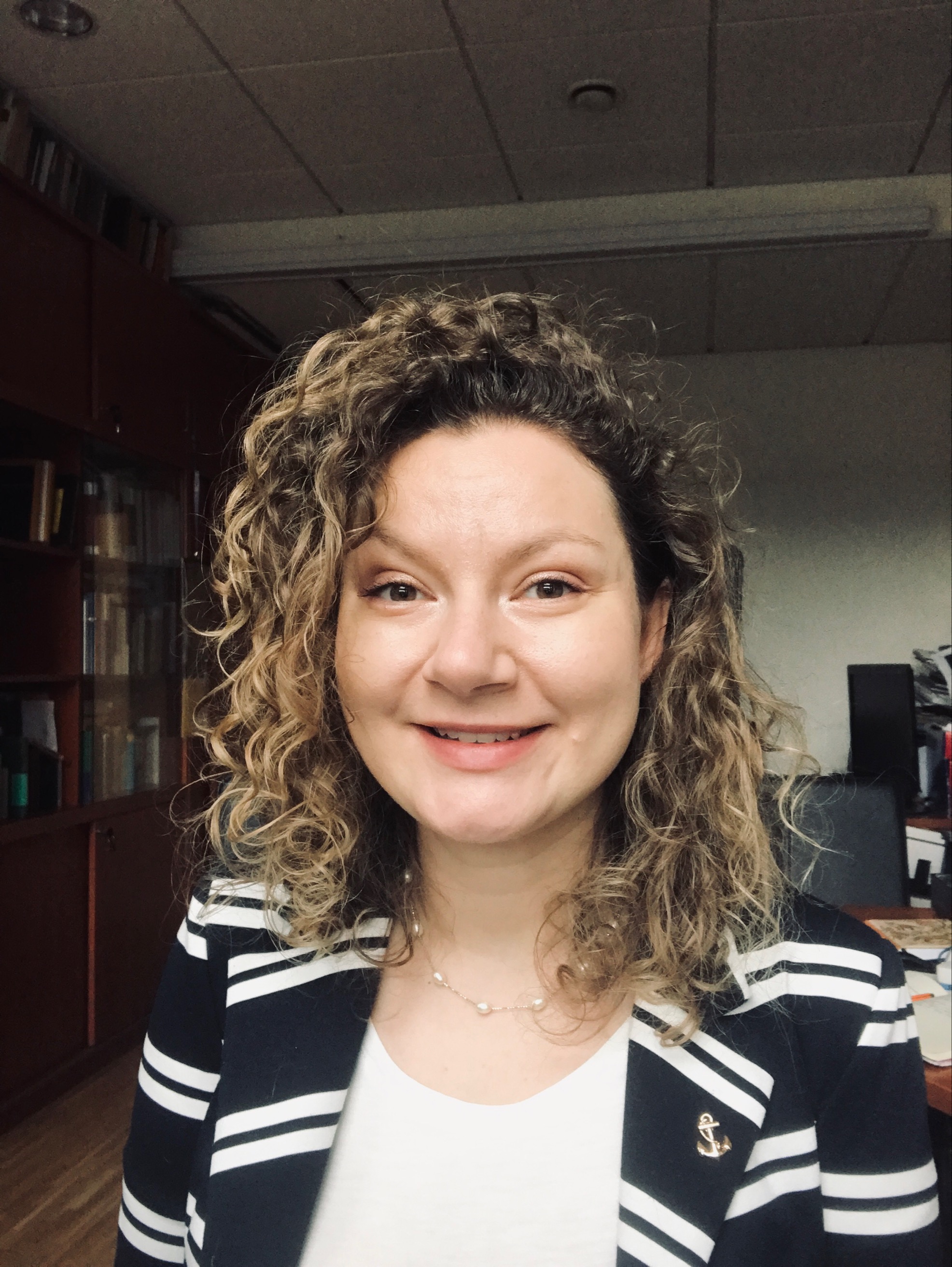This course is intended to improve STEM teachers ability to provide feedback that support students’
learning. It shows differences between formative and summative assessment, a building and a destructive motivation cycle, as well as consider what are features of positive and negative feedback.
Participants will be asked to provide examples of low and high quality feedback. They also will be encouraged to comment other’s entries. Moreover model cases (students’ laboratory reports) will be provided to be assessed with the use of rubrics.
Course Staff
Bartosz Trzewik
Dr Bartosz Trzewik was born in 1977 in Kraków, Poland. He received his PhD in chemistry in
2005 from Faculty of Chemistry of Jagiellonian University in Kraków and has been working there
since then. His scientific interest focuses on the synthesis of heterocyclic compounds and studying
physicochemical properties of them, eg. these connected with hydrogen bonds. Now he is a senior
lecturer at Department of Organic Chemistry, Faculty of Chemistry of Jagiellonian University in
Kraków. He conducts organic chemistry classes, mostly in laboratory, for students of chemistry
and related fields at basic and advanced levels. He has been involved in the creation and modification of courses for students and participants of the doctoral school
Michał Woźniakiewicz
Prof. Michał Woźniakiewicz, a lecturer and a head of the Laboratory for Forensic Chemistry
at the Faculty of Chemistry, Jagiellonian University in Kraków, Poland. Author or co-author
over 80 papers on forensic and analytical chemistry as well as several ones on academic
teaching. A leader of the Chemistry in Everyday life Working Group and a member of Virtual
Education Committee (VEC) at ECTN. Coordinator of Jagiellonian University exhibition at
the Festival of Science and Art in Kraków.
Iwona Maciejowska
Prof. Iwona Maciejowska, a lecturer and a researcher at the Department of Chemical Education,
the head of the Ars Docendi Council at the Jagiellonian University in Kraków, Poland. An editor,
an author and a co-author of books (15), papers (over 100) and courses for chemistry teachers
and academic teaching staff eg. MOOC on the Coursera platform "Teaching in university science
laboratories. Developing good practice". A co-editor of Chemistry Teacher International journal,
an initiator of the biannual European Variety in University Chemistry Education conference.
Aleksandra Lis
She holds PhD in management at the Faculty of Management and Social Communication. She
graduates from Business administration and Business psychology. Her fields of interest include
Higher Education management, governance and academic culture. She has participated in national and European projects focused on different educational levels: higher education, vocational education and training, validation of prior learning. She is experienced in different kind of
national and international projects dedicated to education, as well as cooperation with European
agencies, such as Cedefop and national institutions – Regional Labour Office and Educational Research Institute.







